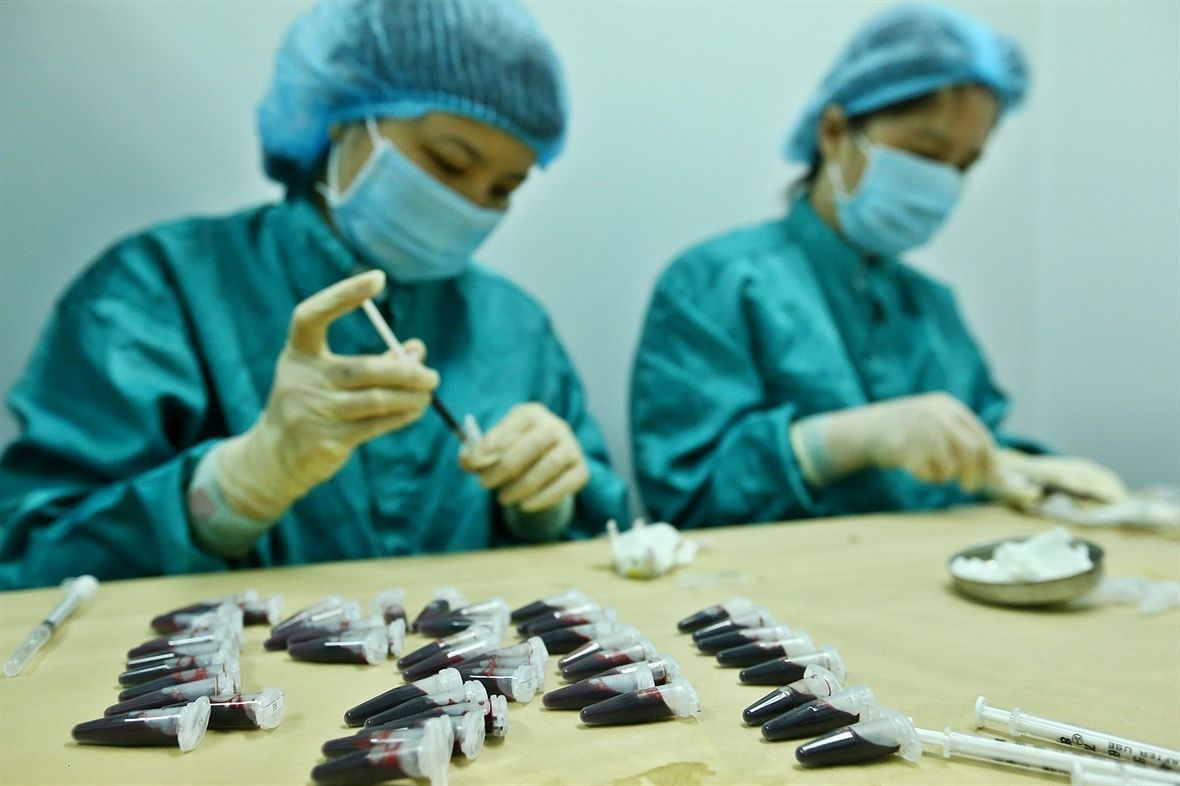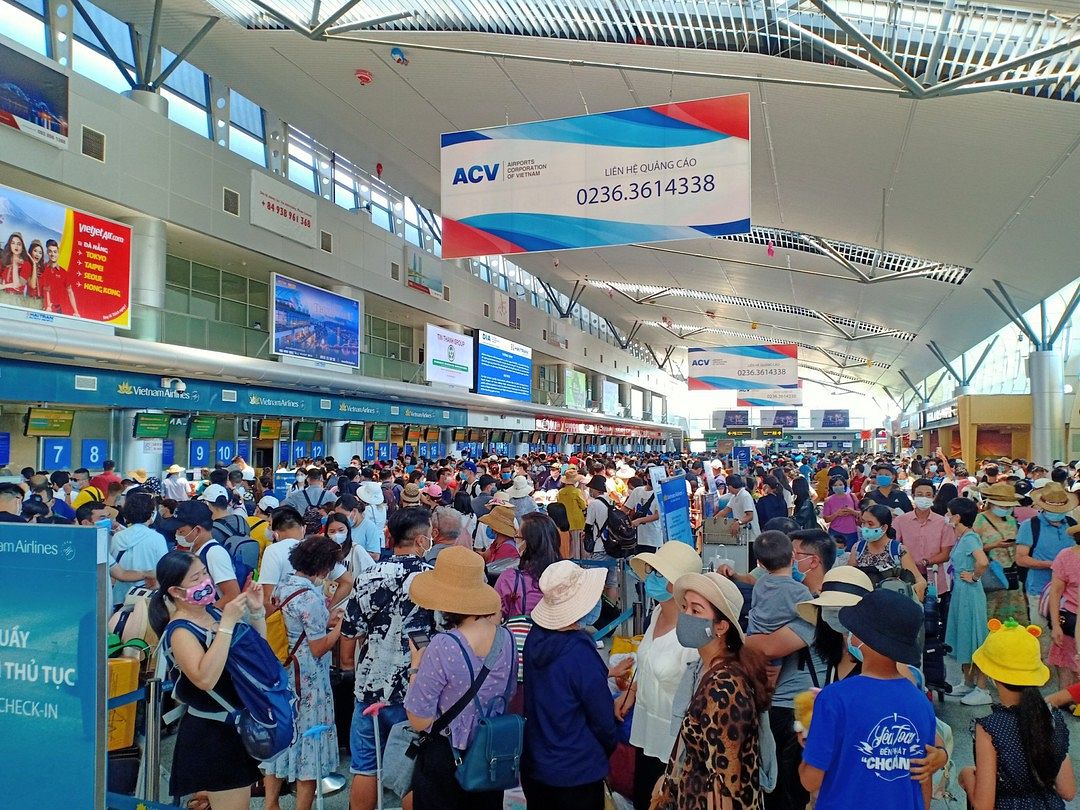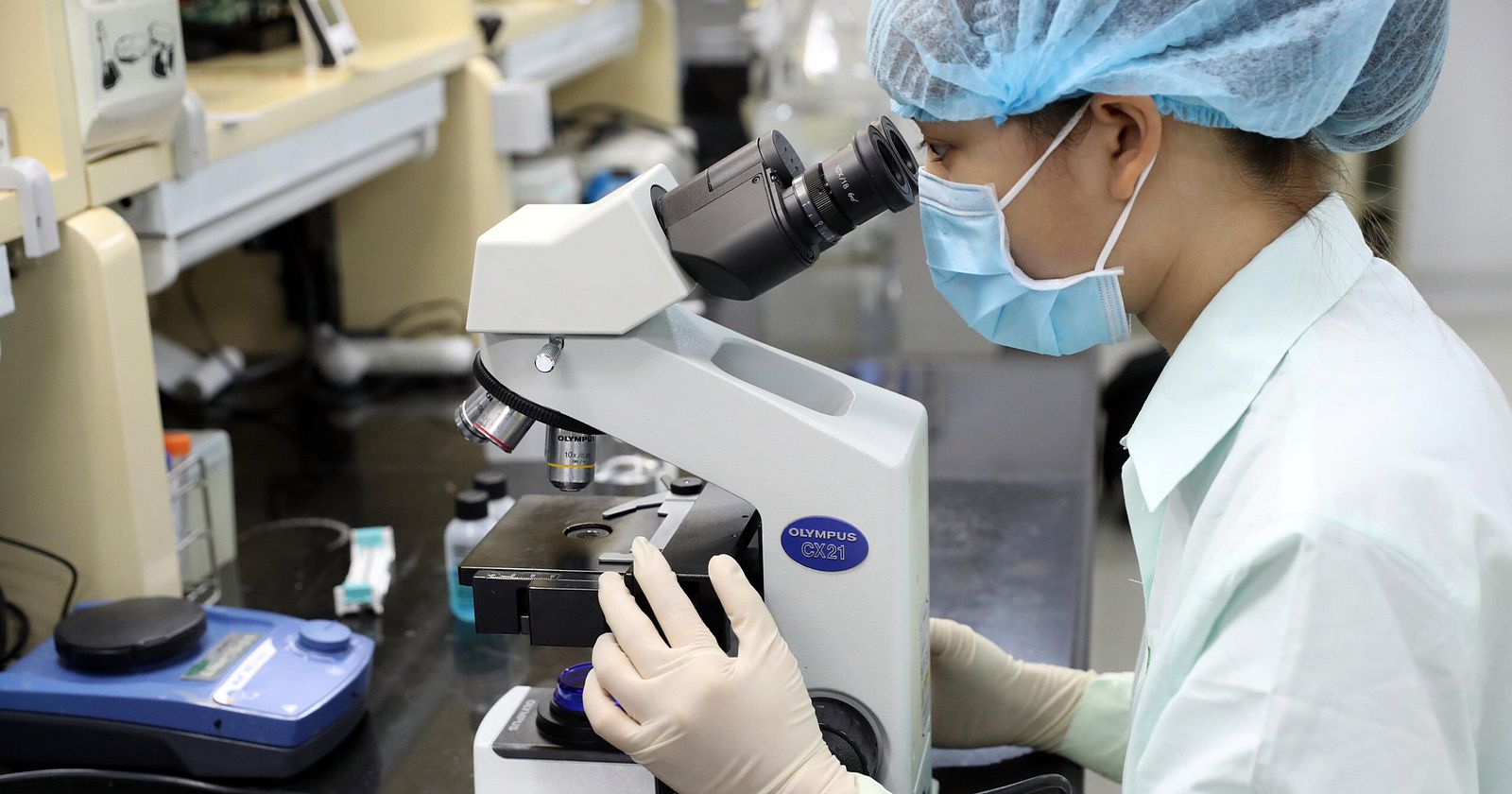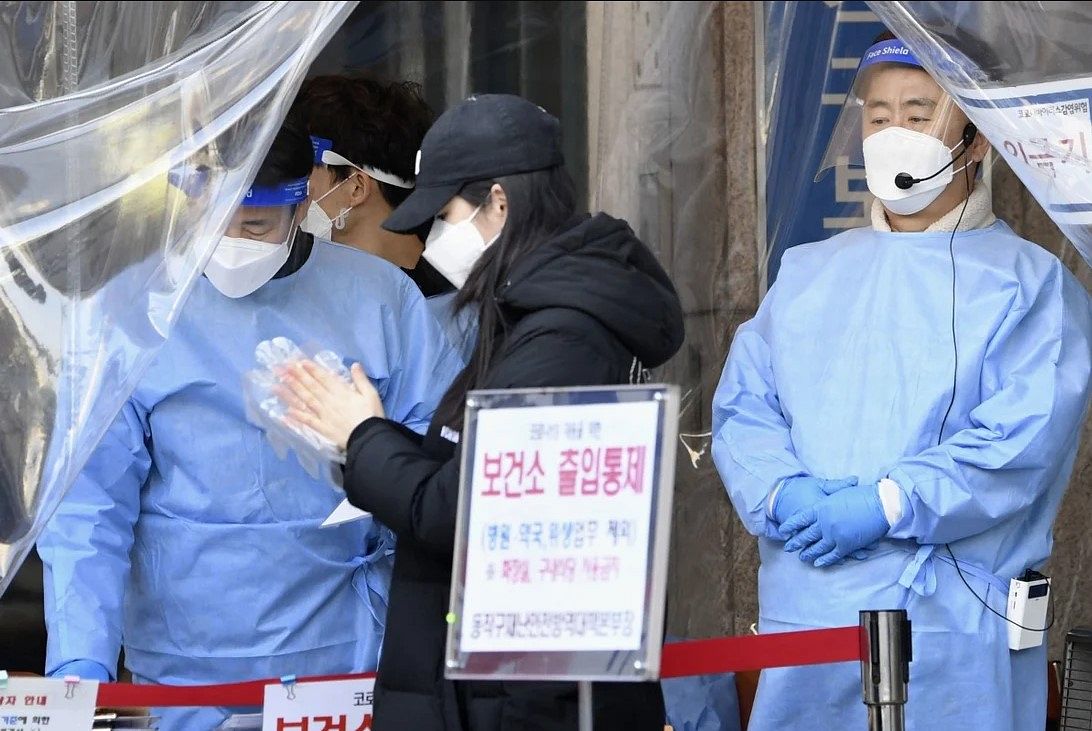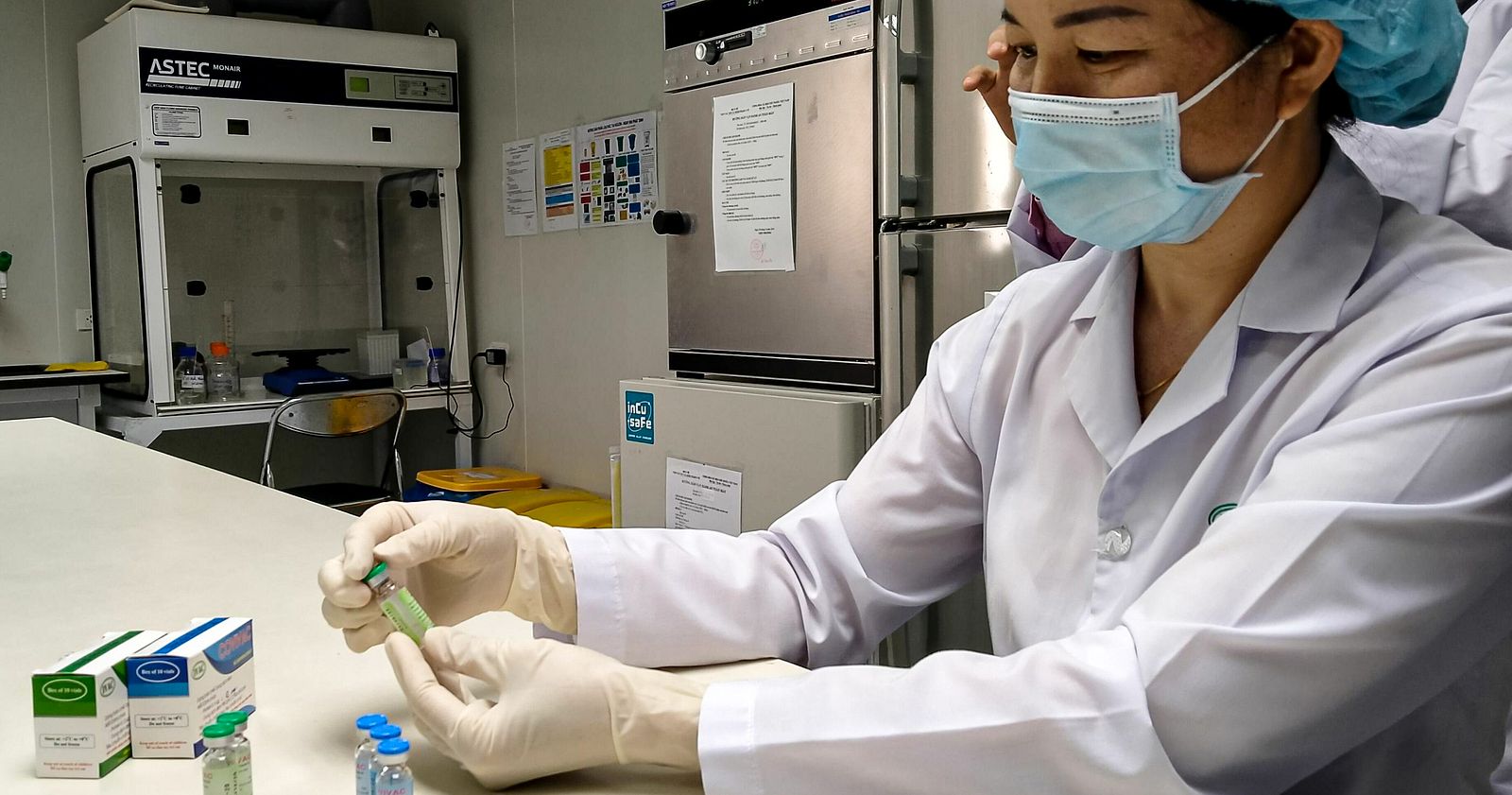Health authorities are still determining whether the Hanoi patient was infected by an external source or just reinfected.
The Hanoi Center for Disease Control announced an uncommon COVID-19 case recently, reports Tuoi Tre. Patient 1,032, a 21-year-old returnee from Russia, was discharged on September 17, but tested positive again this month after exhibiting flu-like symptoms.
The patient landed in Vietnam on August 10 and underwent compulsory quarantine at a facility in Chi Linh, Hai Duong Province. He tested positive for the coronavirus on August 25 and was admitted to the National Hospital of Tropical Diseases in Hanoi. Over the course of the stay, he only tested positive at admission; the other six tests were negative.
He returned home and spent another two weeks in self-quarantine, only interacting with family members while masked. After this period, he went to classes at the Hanoi University.
On November 7, he felt unwell and visited the Hanoi Transport and Communications Hospital, where he was diagnosed with viral fever. He was given medicine for home treatment. On November 14, the patient experienced fatigue and a fever reaching 39°C, so he returned to the hospital. A real-time PCR test was ordered, and results on November 15 confirmed the presence of the coronavirus.
So far, the Hanoi CDC has identified 25 people who have had close contact with the patient. Further contact tracing is underway. Regarding Patient 1,032, another test conducted this morning November 16, however, came back negative.
Inconsistent test results regarding COVID-19 are not uncommon. Many past patients have tested positive again after a number of negative tests, but a case that appears symptomatic two months after the original infection is rare. According to Dr. Nguyễn Huy Nga, a former head of the General Department of Preventive Medicine, in some instances, the patient’s body has not completely rid itself of the virus at the time of testing.
According to Florian Krammer, a virologist at the Icahn School of Medicine at Mount Sinai in New York, PCR tests have high sensitivity to viral genetic material, so it’s possible that they detect fragments of the virus instead of live specimens. Krammer also told The New York Times it’s likely that “reinfected” patients had low levels of coronavirus that testing missed when they were released from the hospital.
As of November 15, 16 new COVID-19 cases were confirmed, all imported; they were isolated at arrival. Vietnam now has 1,281 coronavirus infections in total, 1,103 of whom have recovered.
[Photo via Bao Quoc Te]


